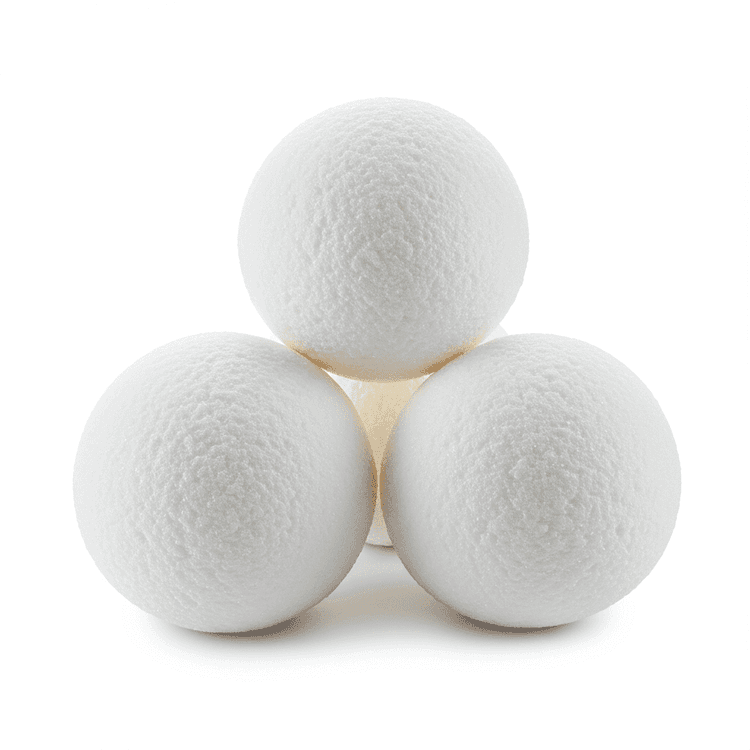
Potassium Citrate
Potassium citrate is a white, odorless, crystalline powder with a slightly salty taste. In cooking, it primarily functions as a buffering agent and acidity regulator, helping to control the pH levels in various food products. It's also used as an emulsifier, preventing the separation of oil and water-based ingredients. While it doesn't contribute a significant flavor profile of its own, it ensures consistent texture and stability in recipes, particularly in processed foods and some baked goods.
Common Uses
- Used as a buffering agent in processed foods to maintain a stable pH, preventing spoilage and ensuring consistent quality. - Acts as an emulsifier in cheese spreads and other dairy products, preventing separation and maintaining a smooth, creamy texture. - Incorporated into some baked goods to control acidity, improving texture and preventing undesirable browning reactions. - Employed in beverage formulations as an acidity regulator to balance flavors and enhance the overall palatability of the drink. - Sometimes added to homemade electrolyte drinks for rehydration, to replenish the body's supply of potassium. - Used in certain confectionery items to control crystallization and prevent the formation of unwanted sugar crystals.
Health Benefits
- May help prevent kidney stones by increasing urine pH and binding to calcium.
- Could reduce the risk of osteoporosis by promoting calcium retention in bones.
- Might aid in managing metabolic acidosis by neutralizing excess acid in the body.
- Can potentially lower blood pressure by promoting sodium excretion and improving blood vessel function.
- Plays a role in muscle function and nerve transmission due to its potassium content.
Substitutes
Chefadora AI is here.
Experience smarter, stress-free cooking.
Storage Tips
Potassium citrate is typically found in tablet, capsule, or powder form. Store it in a cool, dry place away from direct sunlight and moisture. Keep the container tightly closed to prevent humidity from affecting its stability. Generally, room temperature storage is suitable, but always refer to the specific product's instructions for optimal storage conditions.
Marnirni-apinthi Building, Lot Fourteen,
North Terrace, Adelaide, South Australia, 5000
Australia

